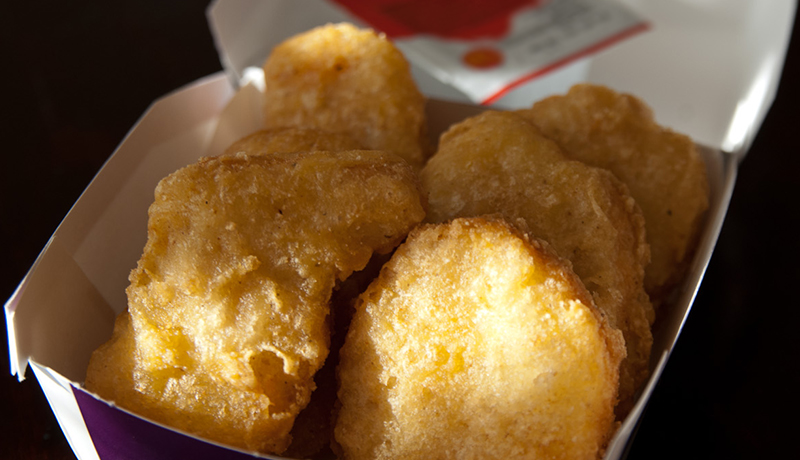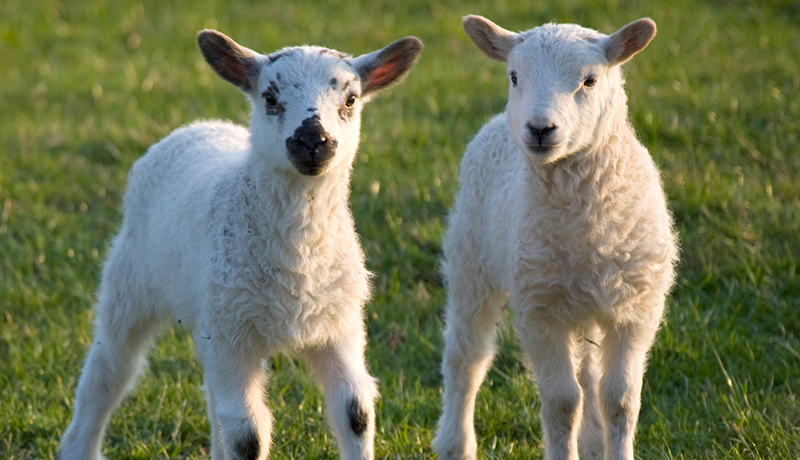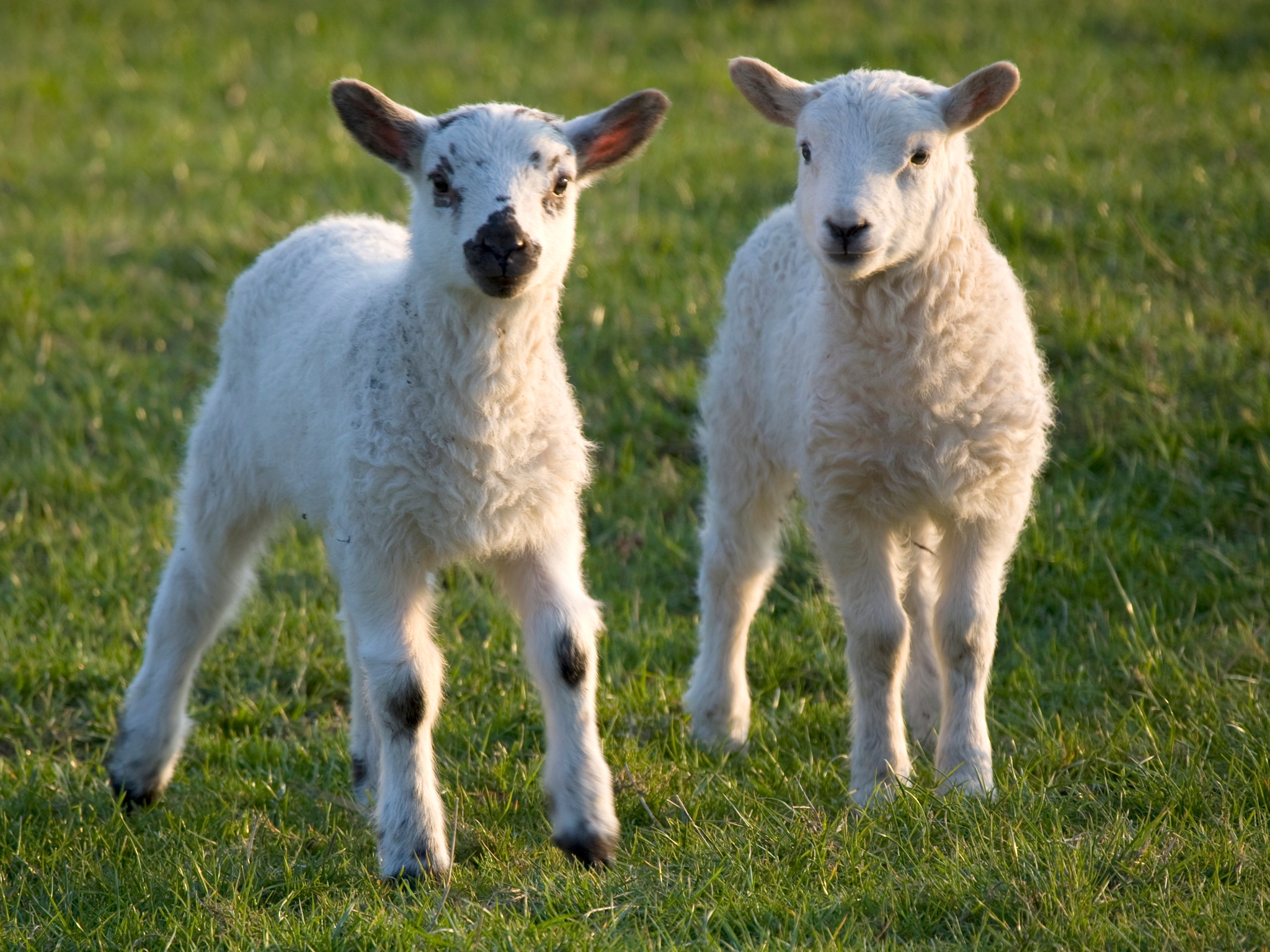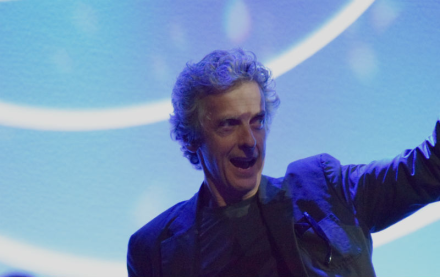Woman 1: ‘What would you save from a fire? ’
Woman 2: (holding a placard with the word ‘Animals’ written on it): laughs
 The fast food chicken sector is estimated to be worth £15bn-£20bn in the UK
The fast food chicken sector is estimated to be worth £15bn-£20bn in the UK
Choops: ‘Oh you’ve gotta love a real egg’
Chloe: ‘Oh yeah, no you, you, you ’ave yeah’
 Two young lambs in a field
Two young lambs in a field
Further reading: Our Children and Other Animals (2014) by By Matthew Cole and Kate Stewart
In-depth analysis: Meat Culture (2016)



Rate and Review
Rate this article
Review this article
Log into OpenLearn to leave reviews and join in the conversation.
Article reviews